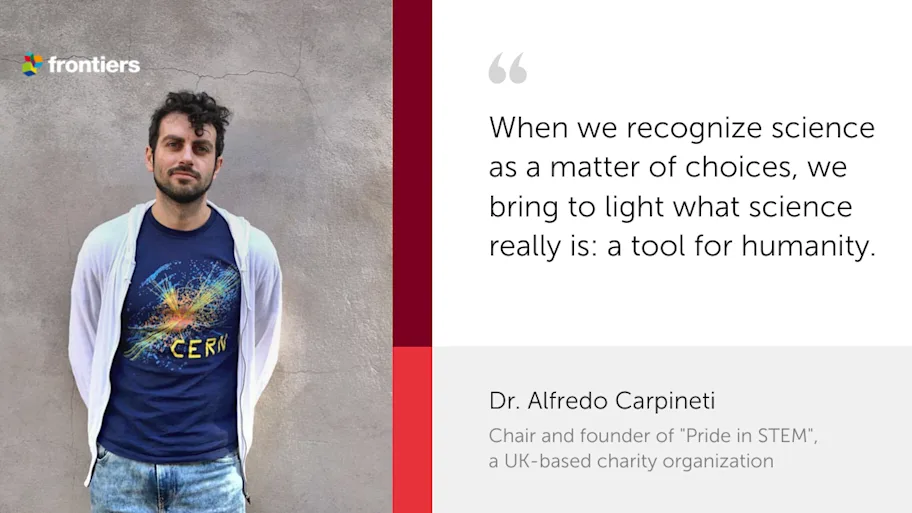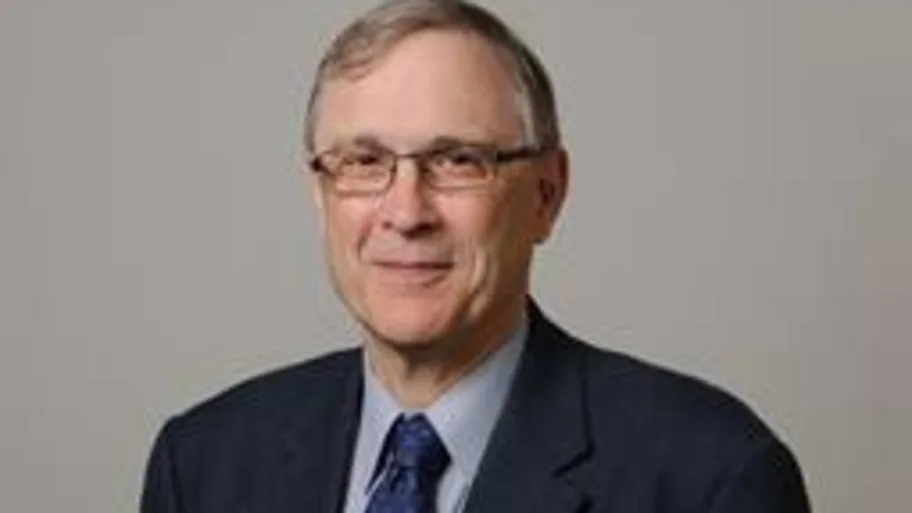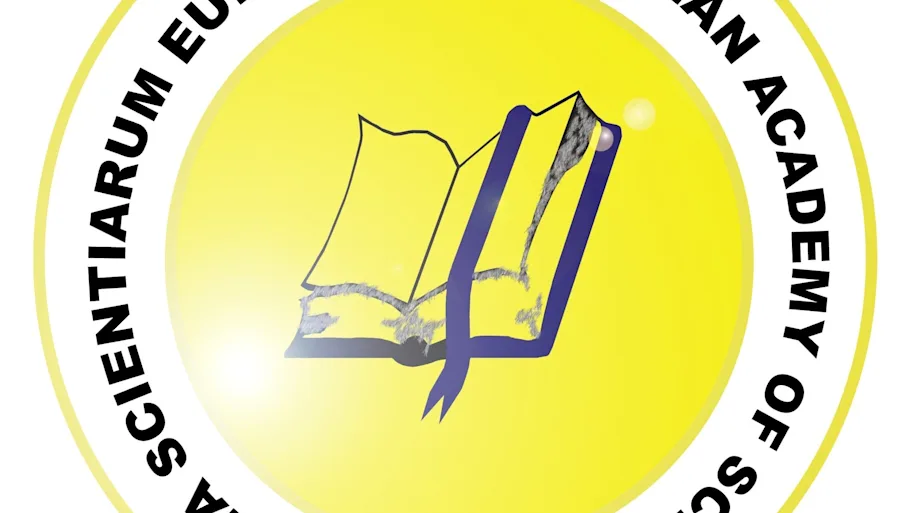
- Science news
- Frontiers news
- Nadja Cech – It is all about inclusivity and opportunity
Nadja Cech – It is all about inclusivity and opportunity
Author: Leticia Nani Silva
Nadja Cech is a Distinguished Professor in Chemistry at the University of North Carolina, Greensboro, where she and her research group use mass spectrometry metabolomics to identify molecules that could be used to treat infectious disease. She is also a member of the research team at the National Institutes of Health Funded Center of Excellence for Natural Product Drug Interactions . In this interview, we talk about her experiences as a woman in science and how her research program fosters inclusivity and brings new people into the world of science.

Credit: Nadja Cech
Where it all began
As a young girl, Prof. Cech was always extremely curious about the world.
“That’s what scientists are,” she says.
Today, Prof. Cech has a nearly twenty-year-long career as a researcher and faculty member. Extraordinarily, she became an Assistant Professor at the age of 23 and has valued the mentorship within the field of chemistry – whether from the scientists or her own family members - that she was fortunate to have.
“Mentorship is at the heart of everything,” she says. “I was very lucky to come from a family of incredible women. My grandmother Mildred Bennett was the first woman engineer for General Electric who later taught mathematics at Portland State University. She had four daughters and always fostered the mindset that ‘women can do it all’. So, I come from a family of women trailblazers and I carry this mindset that women can achieve anything.”
The evolution of her experience
“When you are starting out, you are desperately trying to get a hold of what it is like and establish yourself, as well as figure out the questions that haven’t been answered and that people would be interested in,” says Prof. Cech.
This was a struggle at the beginning, however, now, as she is more well-established and known within her field, this has become a little easier. Although challenges still remain for doing research in an academic setting. Prof. Cech points out how the world of academia (and, in fact, the entire world) is struggling with racism and needs to become more inclusive.
“I have been interested in training more people from the groups under-represented in the sciences. For the past 5-10 years, it has been my focus. It is not only important to do science, but also to make sure that we are doing it in a way that includes everybody who may want to participate. Part of it is reaching out to people who don’t know about the opportunities in research. For me, it was only when I started doing undergraduate research that I got excited about the idea of being a chemist,” Prof. Cech shares her active effort in making science inclusive.
Prof. Cech comments on the importance of presenting young scientists with the opportunity to explore their own scientific questions, especially mentoring young freshmen who are just at the beginning of their university journeys. She also sees the advantage of connecting new young scientists with the existing world of academia which is a unique opportunity of grasping the landscape and gaining a competitive edge. The message of overall growth strongly transcends within her research group as Prof. Cech strives to support her students’ academic development as well as their personal development.
Advice for new starters in science
It is clear that Prof. Cech has created a very supportive environment within her research program. Her number one advice would be to choose the right and diverse mentorship.
“There is something very exciting about having young woman come into my lab and seeing them as the future leaders in the field,” she says. “Finding multiple mentors and getting involved in hands-on projects is the way forward. It is also important to surround yourself with people who support you and recognize that sometimes it is necessary to changing mentors to get that extra support.”
Prof. Cech’s final remarks are centered around humanizing the science. She strongly believes that people should not have to choose between a fulfilling family life and a successful career, and that this perspective needs to be actively discussed by leaders in the field internationally.

Frontiers is a signatory of the United Nations Publishers COMPACT. This interview has been published in support of United Nations Sustainable Goal 5: Achieve gender equality and empower all women and girls.






